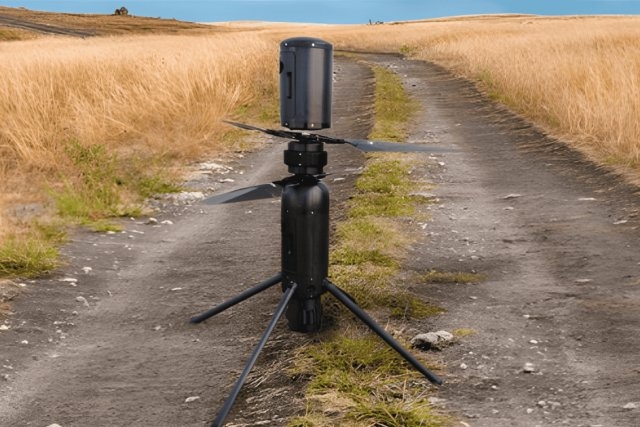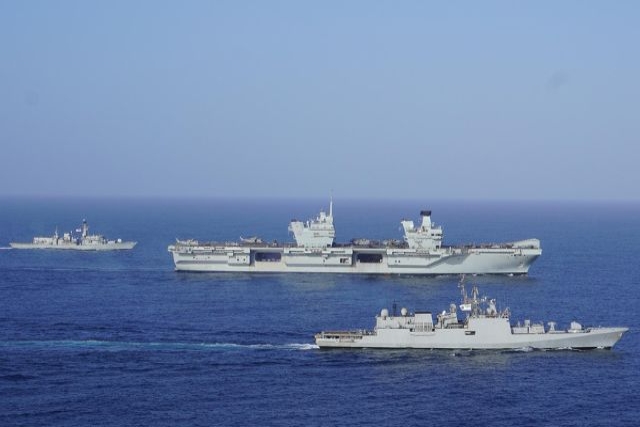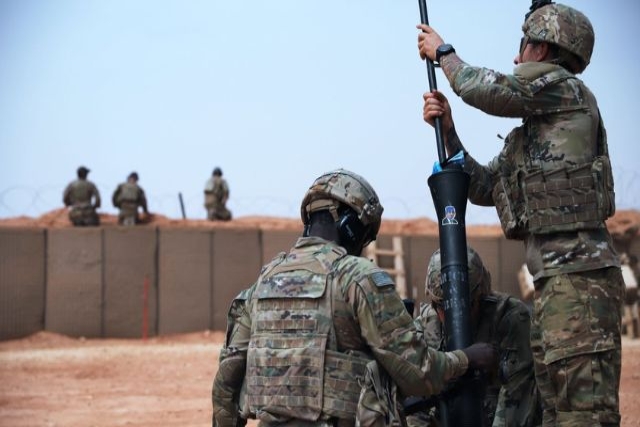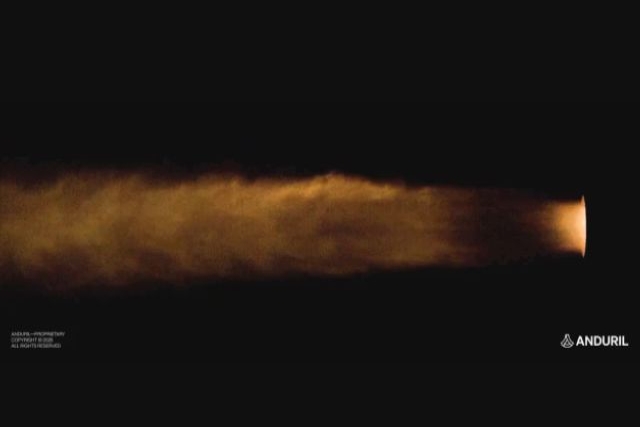International Defence Firms Complicit in Nigeria’s Massive Procurement Scam: Report
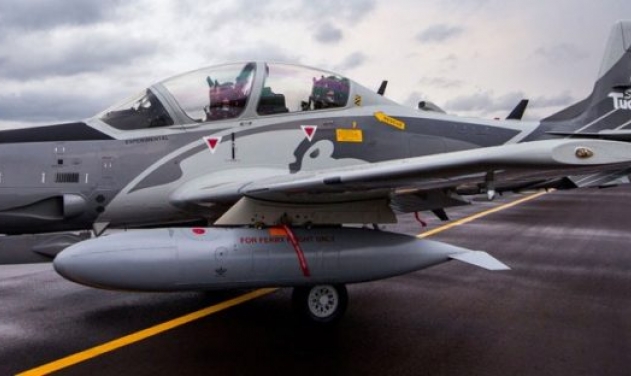
Key international suppliers of Nigerian military hardware are facilitating fraud by agreeing to non-competitive or unorthodox contracts, reports Transparency International (TI).
In a scathing commentary on the state of defence procurement and readiness in Nigeria, the TI report, released earlier this month accuses some of the country’s present and past top officials of siphoning off US$15 billion from the defence budget in less than a decade.
In 2013, Nigeria officials reportedly skimmed US $20 million from an internet surveillance contract directly awarded to an Israeli company in defiance of public procurement competition rules. Likewise, a former air-force chief admitted embezzling millions via seven arms contracts directly awarded to a Ukrainian company.
The United States’ efforts to sell 12 A-29 Super Tucano light attack aircraft to the Nigerian Air Force – whose last three chiefs, along with other senior officers, are currently on trial for embezzlement and procurement fraud. Some senior air force officer invited to Washington in July 2015 to discuss the Super Tucano sale, has since been charged with corruption.
The Super Tucano deal has come in for scathing criticism from informed Nigerians. An article in Saharareporters.com says that the deal for 12 turbo-prop planes worth an estimated US$600 million was more expensive than that for fighter jets such as the MiG-29.The widespread use of both international and Nigerian agents to facilitate such deals also increases opportunities for inflating contracts and paying bribes, as illustrated by the recent investigation into Rolls-Royce. Although this case is a good example of how strong, coordinated international enforcement efforts can make businesses accountable for unethical conduct, the report said.
The kleptocratic capture of the defence sector has had serious consequences for the security of Nigerians. Despite sharp increases in ad hoc defence spending between 2011 and 2015, operations in the northeast, against Boko Haram militants, have remained under-resourced, with multiple reports of front line operations hampered by equipment, materiel, and pay shortages.
The corruption-fuelled under-resourcing of front-line troops has also indirectly benefited Boko Haram. Photographs and video footage testify to the terrorist group’s use of captured army vehicles and sophisticated arms abandoned by disintegrating Nigerian units, which have been key to the operational success of the terrorist group.
